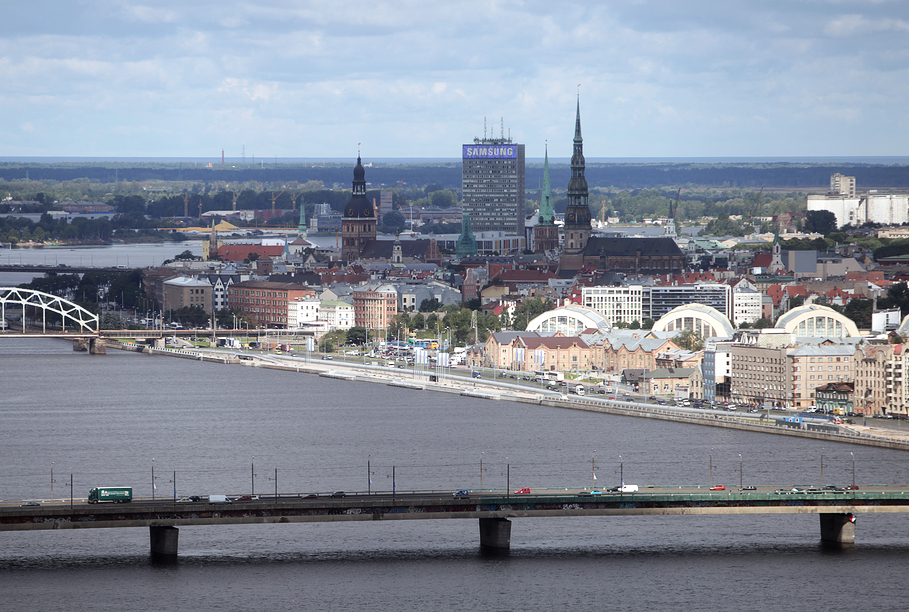Taxes
As of January 1, the excise tax for cigarettes, tobacco, e-liquids, cigars, cigarillos, and tobacco substitutes will grow.
For those receiving royalties, nothing will change as of now in terms of tax payment, despite changes being much discussed.
Wages and pensions
As of January 1, the minimum wage in Latvia will increase from 500 to 620 euros.
Salaries will grow for kindergarten, primary and secondary education, as well as vocational education teachers.
The old-age pension age will increase to 64 years and 6 months, making the early pension age 62 years and 6 months.
Benefits
The parental benefit for working parents will increase.
The parental leave benefit length will increase by one month, as well as the parental leave will have to be split between both parents.
As of July 1, persons with temporary residence permits, persons with an alternative status, and these persons' family members, will be eligible for state social benefits.
State administration
As of January 1, the Financial and Capital Market Commission (FKTK) will be integrated into the Latvian central bank, Bank of Latvia.
Salaries will substantially rise for highest state officials, including the Prime Minister's salary rising by 52% and the Saeima Speaker's salary by 75%.
Education
A gradual transition to teaching only in the official language will start to be implemented. As of September 1, 2023, all pupils of years 1, 4, and 7 will study in Latvian.
Public transport
Rīga public transportation ticket types and prices will significantly change as of January 1. A summary of the changes is available on our other story.
In Liepāja, too, changes are expected – public transport prices will rise.
Documents
As of May 1, 2023, the eID card will be a mandatory document for all Latvian citizens and non-citizens (nepilsoņi, former Soviet Union residents with no particular citizenship), aged 15 or above.
The passport will be an identity document of free choice, or a document to travel to countries where the eID is not valid.
As of January 1, legal persons must have an electronic address (e-address) to correspond with state and municipal establishments.





























